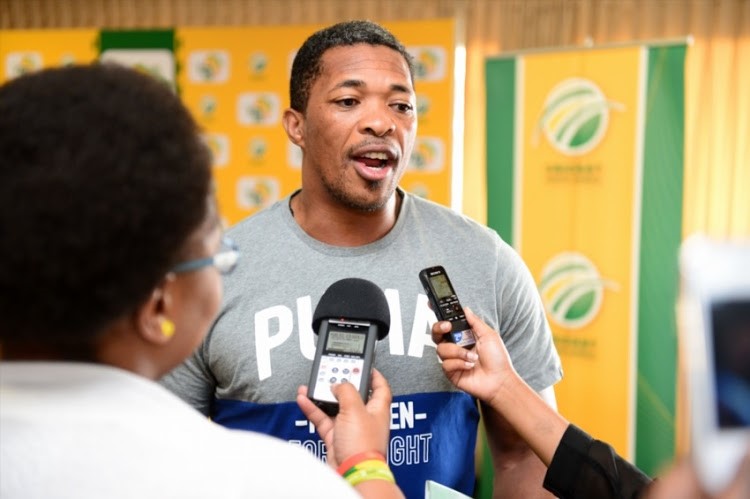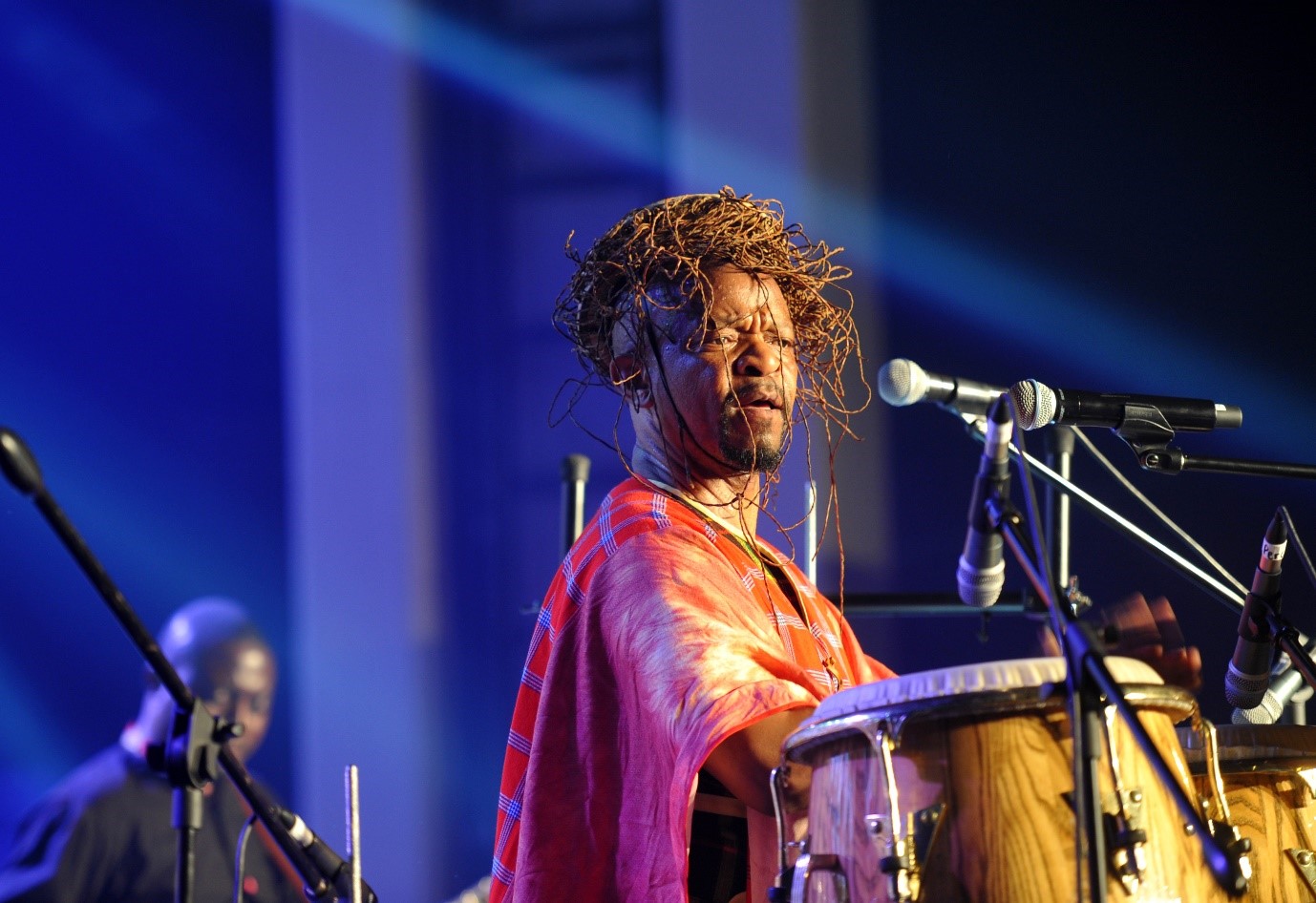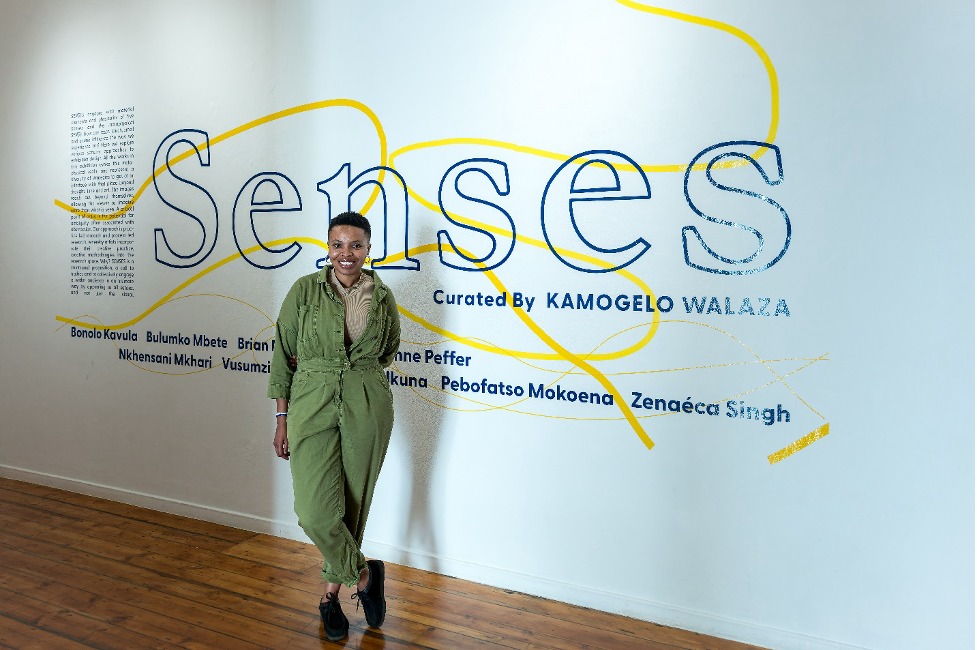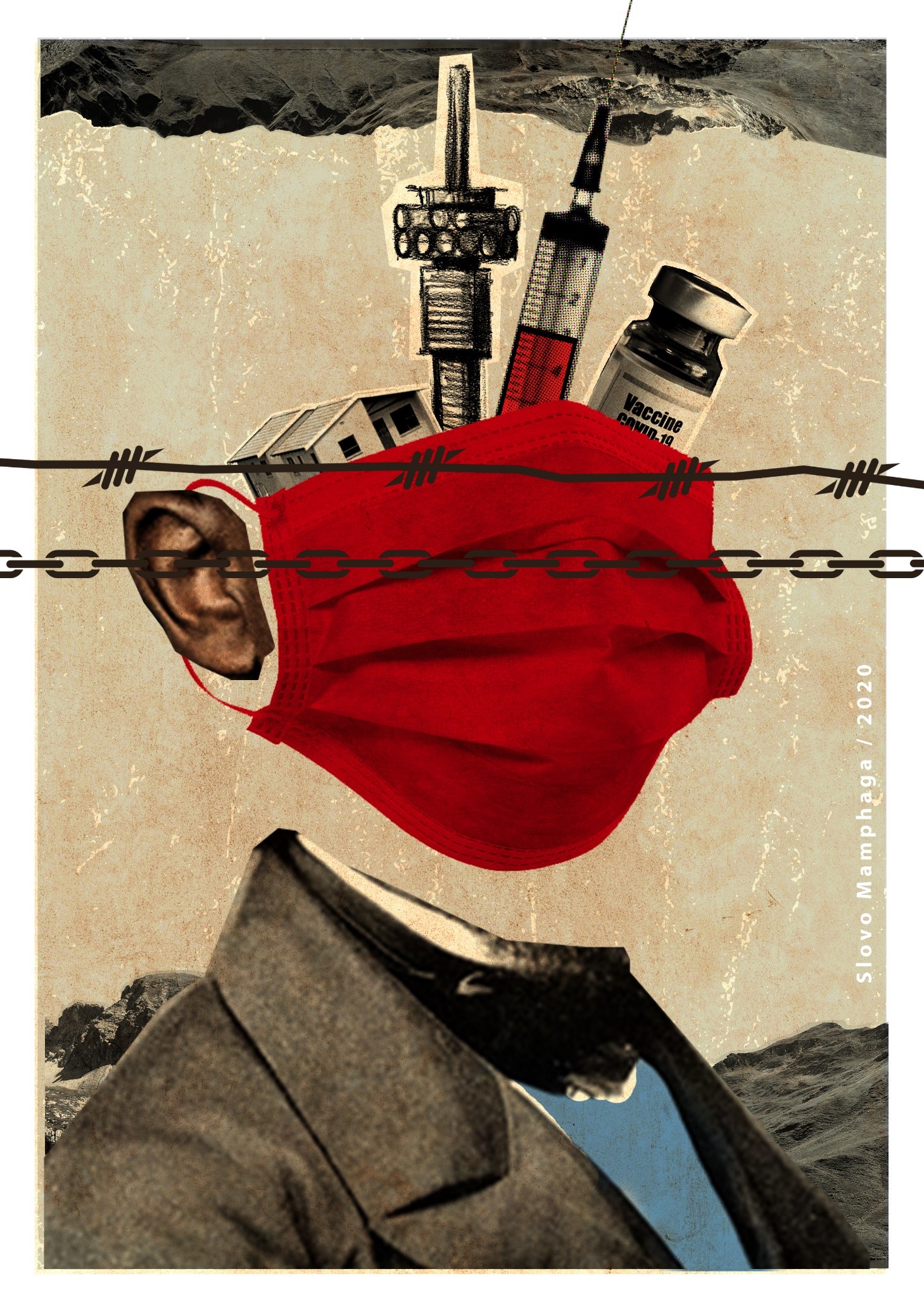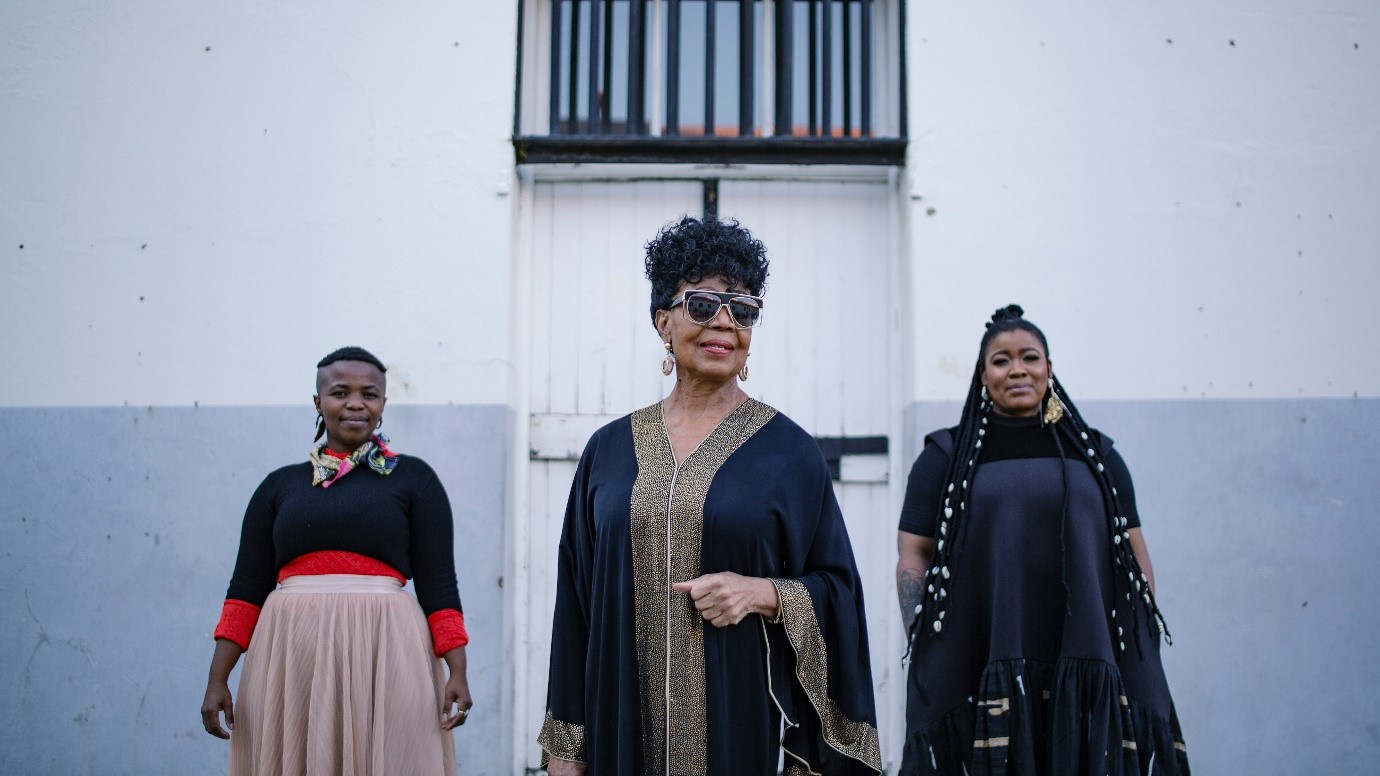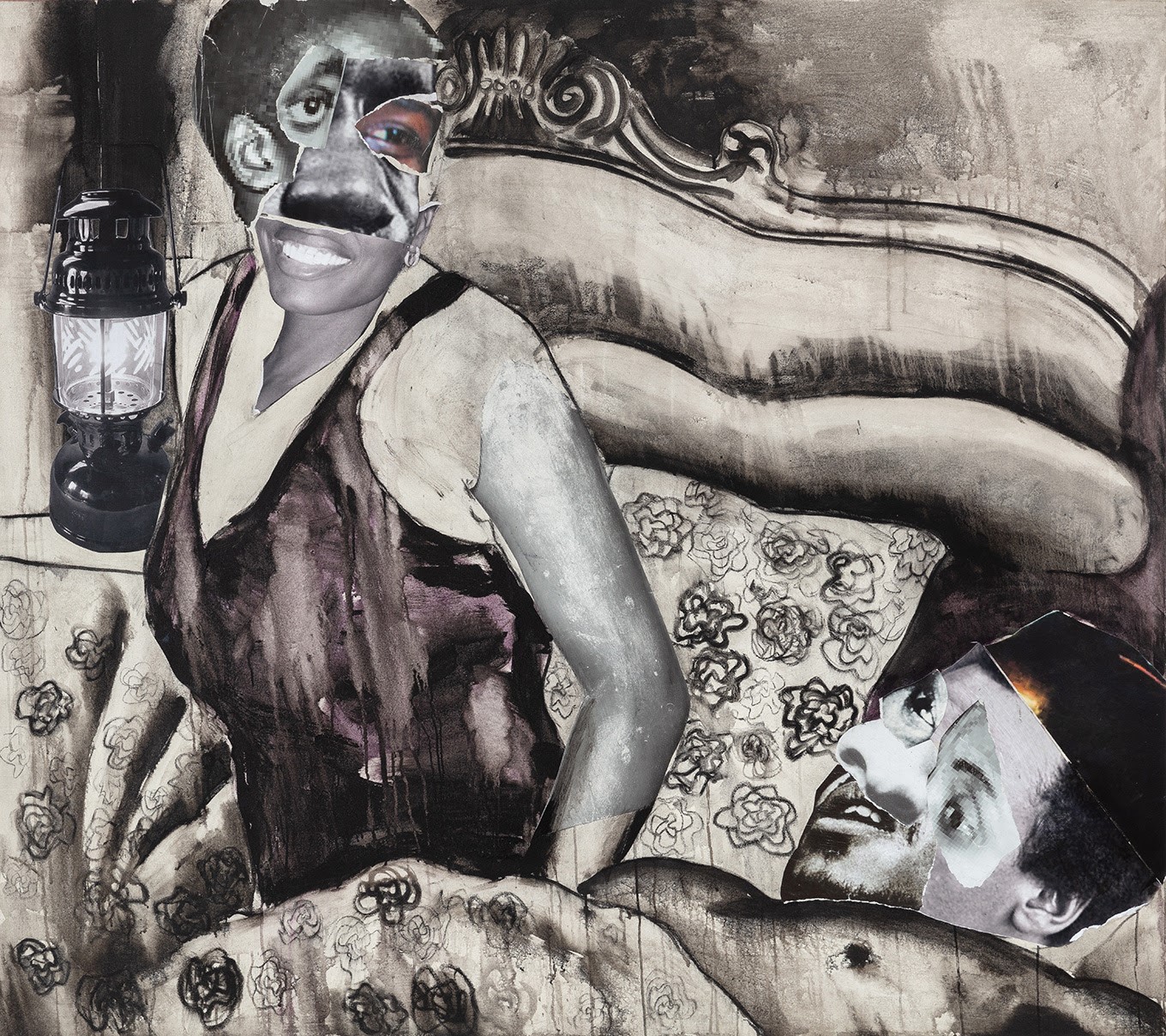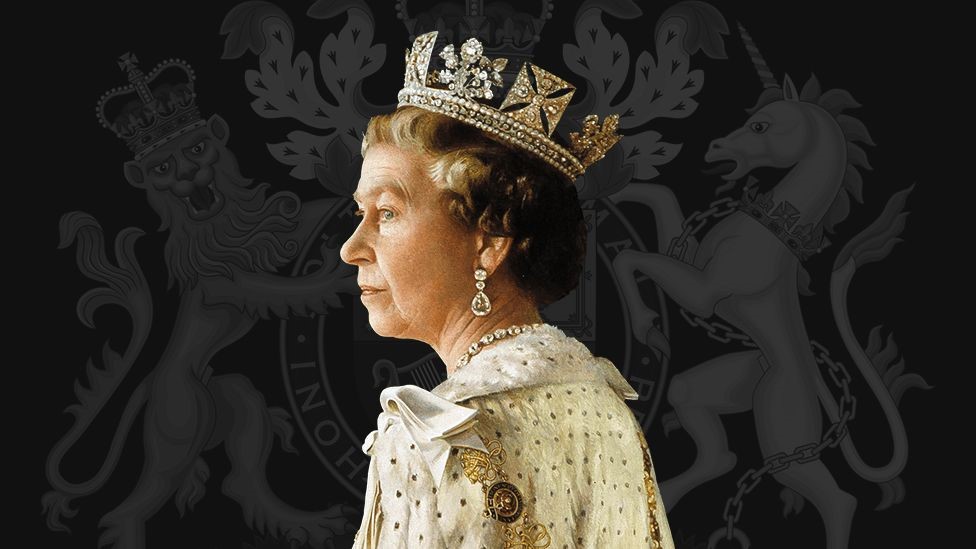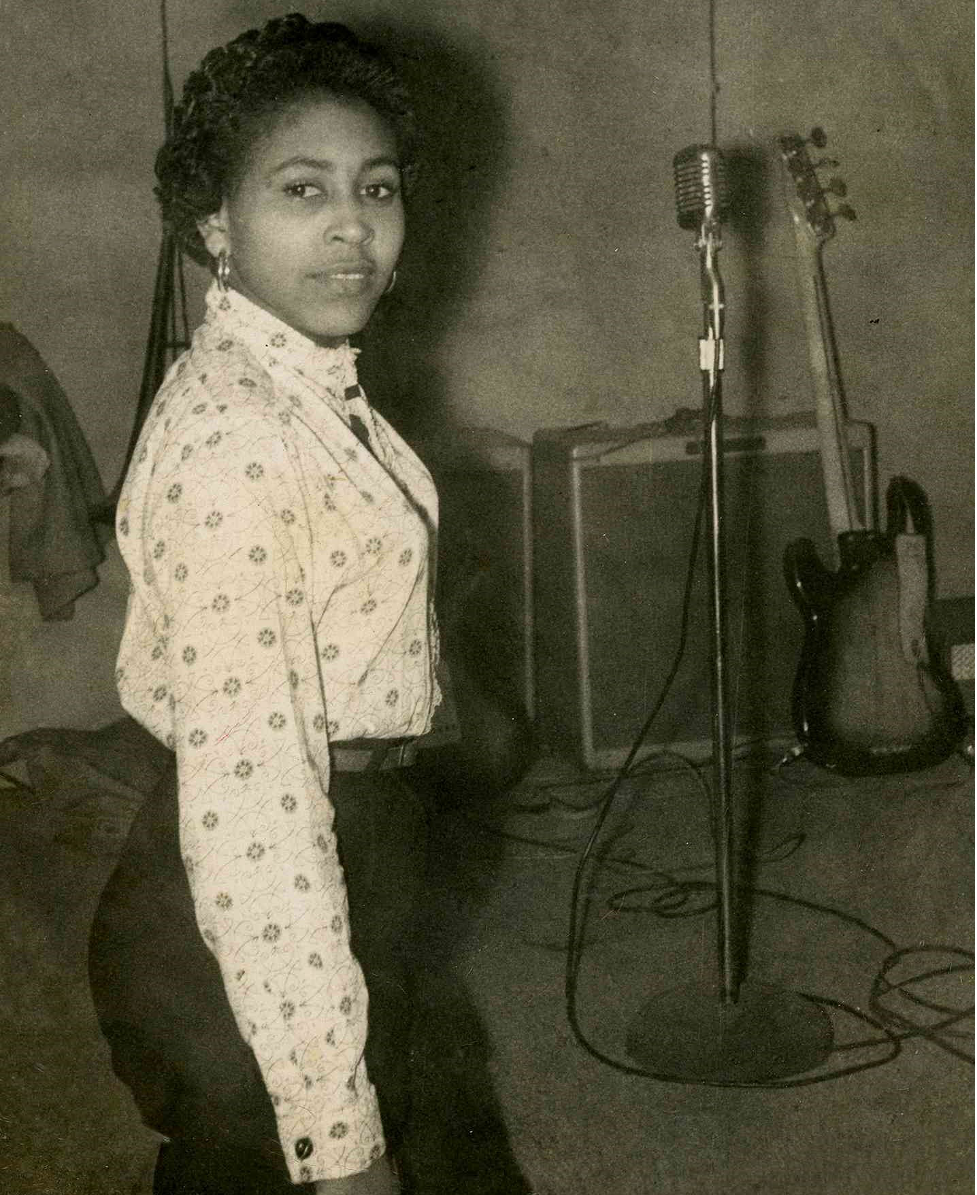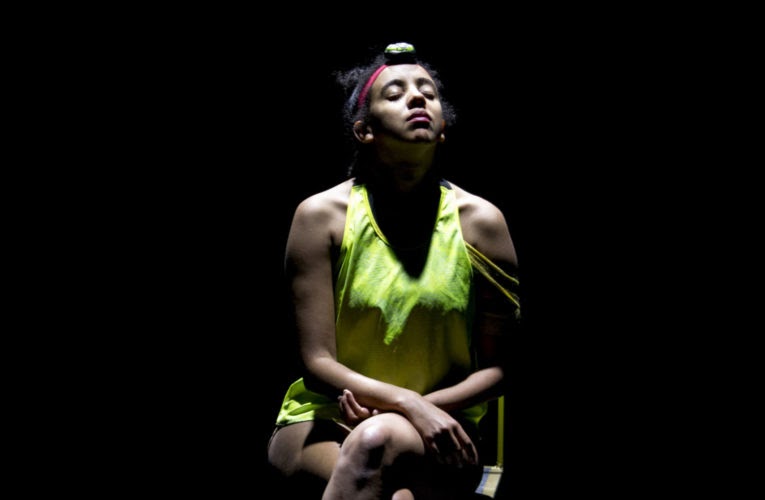Yesterday, some Black people appeared in a KwaZulu-Natal court for the murder of other Black people.
Some people (not all) from KwaMashu invaded the businesses of some people in Phoenix. In the absence of protection from the state, some residents in Phoenix thought it wise to form “self-protection units” and road blocks in defence of their businesses. It was not difficult for them to search and rough-handle every citizen that looked like they were from KwaMashu.
They were hailed as active citizens in defence of democracy by some politicians. In their excitement, the media gave them considerable airtime as they were brandishing rifles. Yet these citizens were not trained for what they were doing. And now we are told that there are about 25 bodies lying in the Phoenix mortuary and unaccounted for. All those bodies are, so to speak, from KwaMashu.
This was bound to happen because residents from both localities were conditioned to have no love or mercy for one another. Primarily, Black people were generally conditioned into self-hatred by white racism.
The apartheid spatial development which took place under the Group Areas Act ensured that a section of the Black community that speaks isiZulu would be camped and cramped in KwaMashu, while the one classified by apartheid as “Indians” would be locked in Phoenix.
Bantu Biko, the Founding Father of the Black Consciousness Movement, warned us that apartheid employed a Divide & Rule strategy where the sections of the black community would be placed in separate concentration camps and oppressed in “varying degrees”.
The so-called “Coloureds” would be oppressed in a manner where they would generally be worse that the so-called “Indians”, while the so-called “Bantoes” would be the worst. The BCM saw through this strategic and conscientized all the components of the Black community to unite because they were made One People by virtue of their landlessness and being victims of colonialism and white racism.
At once, we were no longer “Coloureds”, “Indians” and “Bantoes” as defined by apartheid. We took the initiative to redefine and recreate ourselves. We were Black People. We were Afrikans - Period! Saba ngaBantu Abamnyama - Qha qwaba!
Come democracy in 1994. It didn’t look like we learned much from the gains of cemented Black Solidarity achieved under the Black Consciousness values. We again degenerated into being “Coloureds”, “Indians” and “Natives”. Sometimes we decayed into 100% this and that to the exclusion and undermining of fellow Black people when it came to development, service delivery and job placement.
While wealth remained concentrated in white people where they owned an excess of 98% of the economy, Black people were hopelessly trapped in abject poverty and joblessness. All the Black people were good for to the politicians was to vote. Blacks had become voting cattle. The advisors to the politicians kept warning them that this level of poverty was a "time bomb" that would one day explode in the face of the ANC-led government.
Back to the unrest and Phoenix. The security cluster made it clear at a press conference about two weeks ago that the violence and looting of property was plotted and instigated by some ANC leaders and former state security members as a protest against the jailing of the former Head of State, Jacob Zuma.
In that sense, the isolated unrest activities in some parts of KZN and Gauteng did not directly emanate from the grassroot struggles of the people. In the media interviews I gave last week I dismissed the notion that the brief unrest amounted to a revolt, rebellion or insurrection. At the very least, each of these require a violent and sustained mass involvement to overthrow a government. There was none of the sort in the past two weeks.
While the unrest may have been triggered by Zuma’s name, but poor people joined in the looting of food in the malls and various stores without caring about their black ownership. They just needed food relief. Nothing more, and nothing less.
The lasting effects of the “varying degrees” of oppression that Biko spoke about became clear in the one way in which the people were, for instance, moving from KwaMashu to Phoenix. Unfortunately, Phoenix and KwaMashu have remained in exactly the same way that apartheid had separately underdeveloped them. The ethnic profile has remained exactly the same.
A point to emphasise is that it would have been wrong even if the dead people were killed by the state. Why should it then be right or understandable when they are killed by their fellow citizens? The book should therefore be thrown at the killers.
To say that the law must take its course is not the same as brewing up hatred between sections of the Black community in KZN. Not all the Phoenix residents should be made to take the blame for the killings. Nor should all the KwaMashu residents be blamed for looting.
The time is now for us to invoke the values of Black Consciousness that are anchored on self-love and Black Solidarity. There is a strong need for the state to progressively destroy the ethnically exclusive settlements. We must live together as a people. Our children should grow together and go to the same schools.
Fragmentation of the Black community should never be tolerated. Not even poverty or inequality should set the sections of the Black community against each other. Of course, the state should embark in earnest on poverty eradication programmes.
Tragically, a dangerous political decay has been allowed to develop this side of democracy. Like I said above, ethnicity is rearing its ugly head once again. Being plunged and trapped in the wilderness of poverty and unemployment, Black people have been driven by racism to wallow in self-blame.
They do not blame and fight white supremacy and neoliberalism which is religiously implemented by the erstwhile revolutionaries. Instead, they turn around and destroy one another. For their poverty and joblessness, they do not blame white monopoly capital, but blame and kill an under-employed fellow Black person. A convenient excuse is often found that the fellow Black person is a national of an Afrikan country other than South Africa.
This mindset of self-blame by Black people emanates from the fear to deal with the power structure, which is the actual source of their endless socioeconomic miseries.
Take a good look at the structure of the Provinces in South Africa. They have an unmistakable ethnic countenance. If I may use this politically backward terminology, Eastern Cape is predominantly inhabited by “amaXhosa”. No wonder that there were some inaudible whispers that the name “KwaXhosa” was one of the names in the unofficial renaming menu. Because there’s KwaZulu-Natal, some thought it would be cool to have “KwaXhosa”. Yet that would be the most backward thing if it were to be allowed to happen.
Western Cape is largely a “Coloured” province, while KZN is “AmaZulu” and “Indian”. North West is predominantly a “Batswana” province. Thus, the platinum there would less likely benefit the “amaNdebele” community in Mpumalanga.
You may wonder why it is that I didn’t mention or locate white people in a province. That’s because they are not provincialised by the political system. They are a “South African” people all over South Africa.
Apart from the fact that they are a waste of resources and an instance of over-governance, you see why AZAPO agitate for the abolishment of Provincial Governments, which should be replaced by re-demarcated and simple administrations.
For the sake of emphasis, perhaps I should declare that this piece is an outcry against ethnicity and fragmentation of the Black community. The project of nation-building requires us to march in one step towards an anti-racist society of One People in One Azania.
Having said that, King MisuZulu should be applauded for taking a stand and call for peace and unity in the Black community in KZN.


